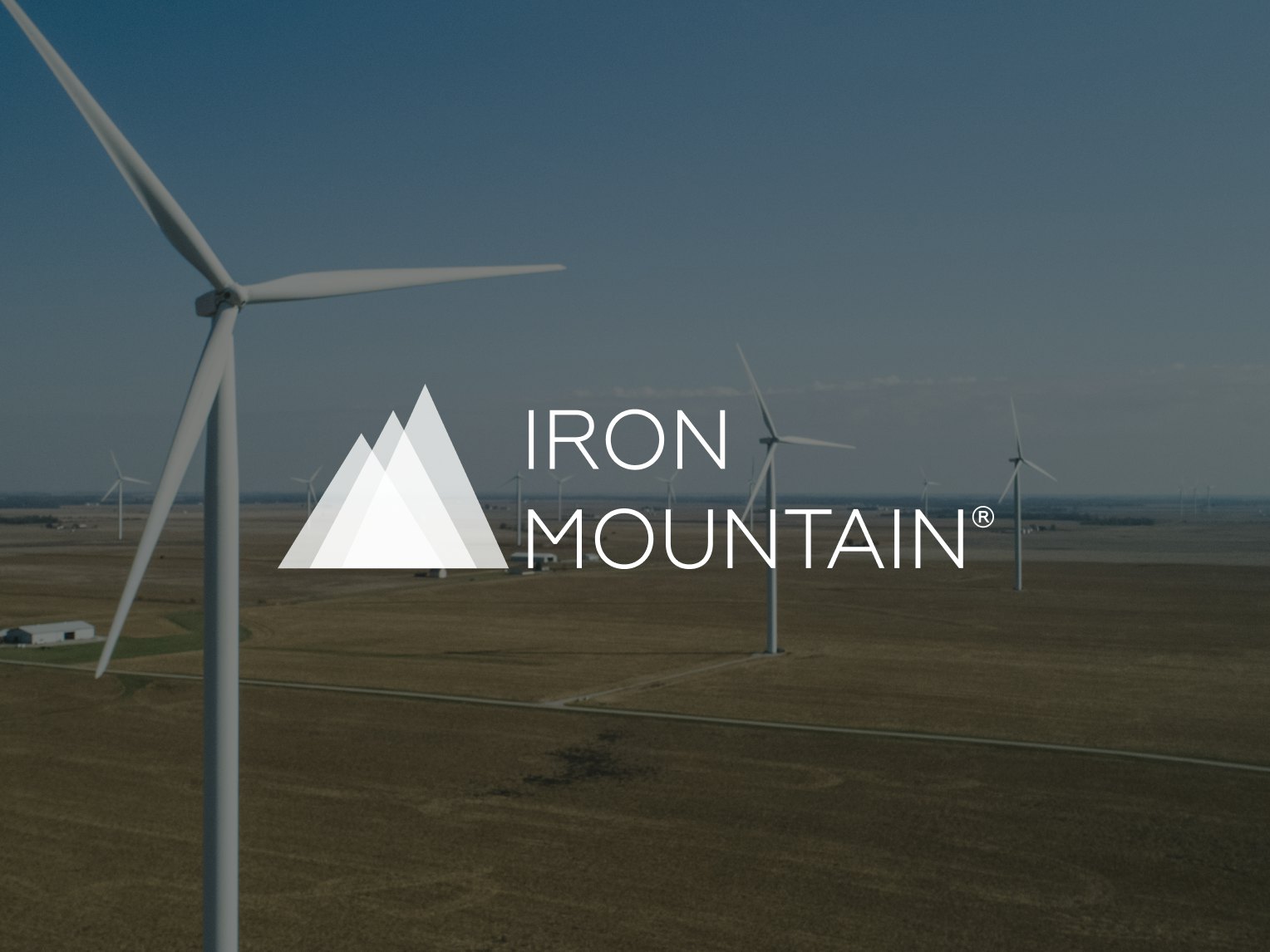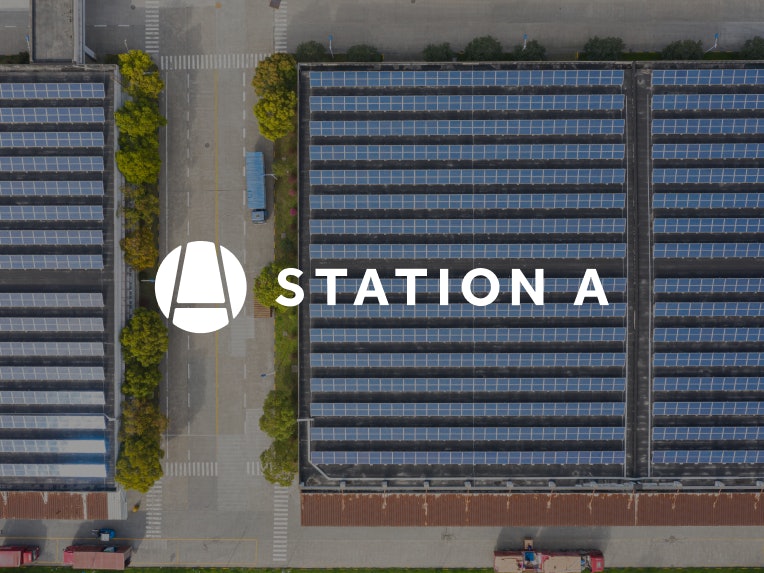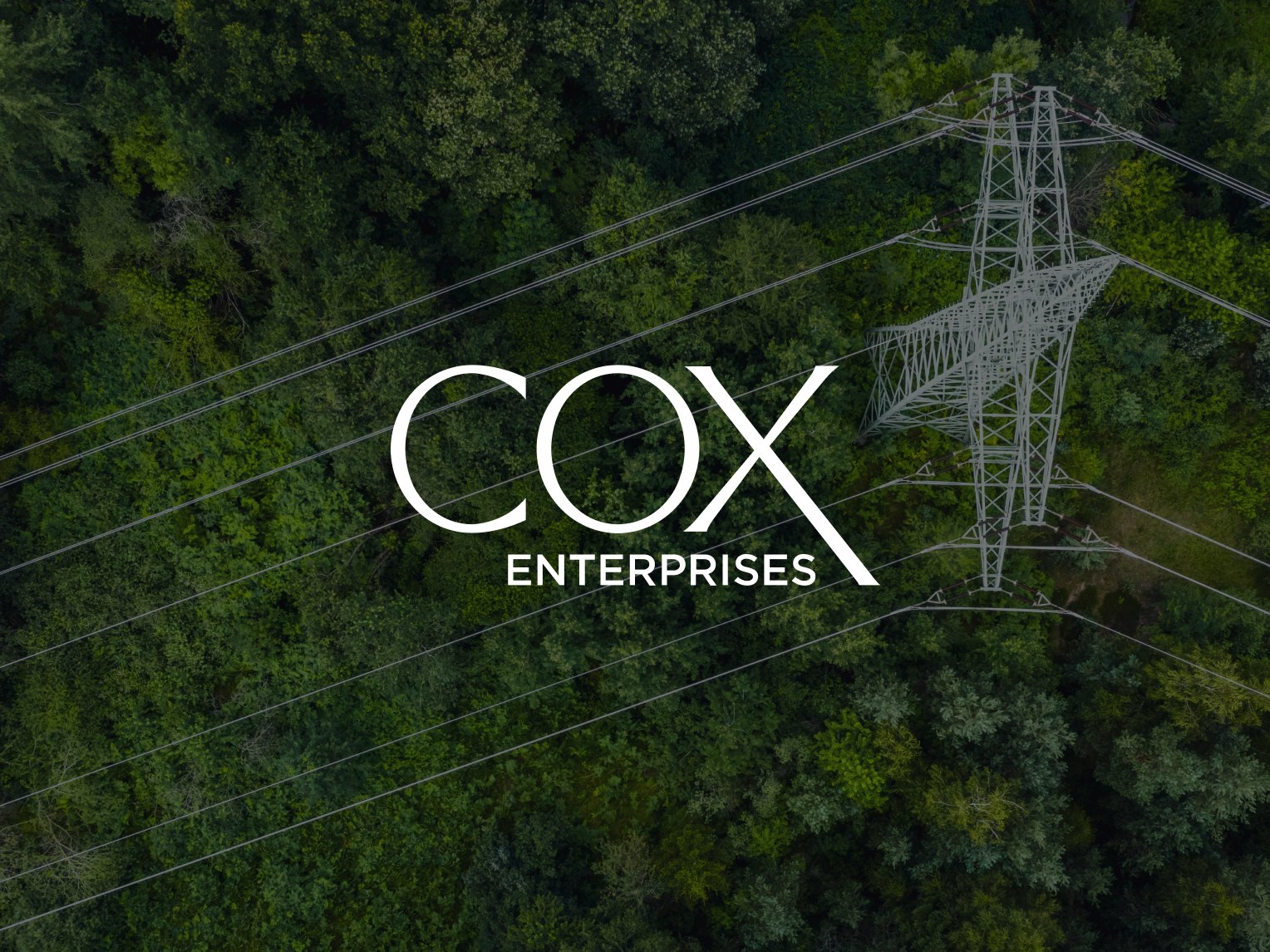Cox Enterprises cuts energy spend with utility data
Cox Enterprises is a privately held communications and automotive services conglomerate whose major operating subsidiaries include Cox Communications and Cox Media Group, among several others. Cox Enterprises leverages Arcadia to automate utility data collection across its 40,000 accounts, providing critical visibility into energy consumption patterns and supporting its sustainability program that aims to achieve carbon and water neutrality by 2044.
Use case
Streamline and automate the collection of utility data across an organization to inform strategic energy management and procurement decisions and optimize sustainability reporting.
Challenge
Cox Enterprises spends around $120M annually on electricity and natural gas. The company needed better visibility on energy consumption and pricing for more than 40,000 separate accounts across 300 utility providers in the US market.
Historically, Cox had been using spreadsheets and collecting data by contacting Cox’s operations and accounting employees at their subsidiary companies across the US. After spending time studying the process and evaluating multiple products, Cox decided to build an internal Energy Dashboard with their in-house business intelligence team. But they still needed information to populate their energy data warehouse. The company needed a flexible, cost-effective solution that could quickly provide a snapshot of current energy consumption and spending, as well as a comprehensive, accurate picture over time.
Solution
“We looked at many companies that wanted to sell us their solution,” says Robert Fairey, Senior Director of Energy Procurement and Waste Diversion. “But the products did not allow us the data connectivity we needed for our energy dashboard. They wanted to put us on their dashboard and push us into a model that did not really help us get smarter around our energy rates, pricing, and consumption. That’s when we were introduced to Arcadia.”
This solution provides Cox a customizable data feed that enables the company to collect, reconcile, analyze, and report on energy consumption and costs. Andres Vargas, Energy Procurement Manager at Cox Enterprises says: “Having good, complete data to share across the organization is important to us. When accounts payable asks what caused an unexpected spike in billing, we can find the answer with confidence.” It also supports Cox Conserves, the company’s corporate sustainability program, which aims to be carbon and water neutral by 2044: “Now we can deliver subsidiary-level reports with carbon emissions figures, and continuously measure progress against our goals,” says Fairey.
Cox chose this solution over in-house or other external options based on its key selection criteria.
"Right off the bat, we found $4,000 in rate savings by moving a handful of accounts to an alternate rate. Now extend that kind of scrutiny across all utilities, and you are looking at substantial cost savings potential."
Benefits
- Financial optimization: Cox found over $43,000 in savings from closing zero-kWh accounts and optimized rate savings across regulated and deregulated markets.
- Enhanced data management: Established a golden record of utility account inventory and integrated data management and reporting directly into Cox Energy Dashboard systems.
- Strategic procurement advantages: The company can get more granular with suppliers and take advantage of more tailored energy products.
- Corporate-wide visibility: Cox is now able to collect and analyze energy consumption and carbon emissions data for the entire corporation, matching energy usage to a dollar value for better alignment with AP.
- Data-driven decision making: Generated customized reports to evaluate the effectiveness of energy conservation projects.
The added visibility from the data feed translates into faster, better decisions in what is a highly complex environment. For example, Cox has been able to locate “zero-kWh” consumption assets that the company was paying for but no longer using. In California, Vargas found and closed 120 zero-kWh accounts in one fell swoop, amounting to annual savings of over $43,000.
The company can also quickly detect savings opportunities. “Right off the bat, we found $4,000 in rate savings by moving a handful of accounts to an alternate rate," says Fairey. "Now extend that kind of scrutiny across all utilities, and you are looking at substantial cost savings potential.”
In addition, multiple Cox users all over the country can now execute daily runs on billing cycles from the previous day. Getting current visibility of consumption means Cox can evaluate more purchasing options such as block-and-index or swing tolerances around baseline energy levels. Instead of entering into full-requirements contracts, Cox can get much more granular with suppliers and take advantage of more tailored energy products, which translates into lower costs for Cox's operations.
Automated utility data helps Cox design and prove returns on renewable energy projects. Vargas and his team can look at historical usage for a property and accurately forecast how much power the solar installation will need to generate. “Data is the universal language that convinces people,” says Vargas. You can talk all you want about solar panels and how nice they look, but what a business really wants to see out of its investment is the data.”

Find out how to optimize your energy management strategy from end-to-end with Arcadia’s Enterprise Solutions.



